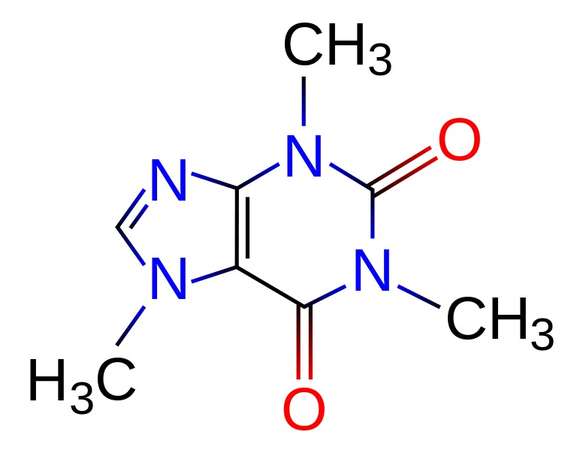Caffeine and Dehydration
Last Updated: Oct. 31, 2013
 Desert in Ouarzazate, Souss-Massa-Draa, Morocco, © µµ, CC BY-SA 2.0.
Desert in Ouarzazate, Souss-Massa-Draa, Morocco, © µµ, CC BY-SA 2.0.Myths & misleading claims about caffeine as a diuretic
It seems to be common knowledge that caffeine causes dehydration, but this is a myth. The medical explanation given is that caffeine can function as a diuretic (a chemical / medicine that increases urine output) and thus depletes the body of water. These claims are not entirely false but they are misleading--while caffeine can function as a diuretic in large dosages, research firmly shows that most normal caffeine consumption (as with regular coffee or tea drinking) does not cause dehydration. WebMD identifies the claim that caffeine is dehydrating as one of 8 most common myths about caffeine.[1]Research on caffeine's dehydrating and diuretic effects
There have been a large number of scientific studies of caffeine in various settings. In 2003, a review of the literature from 1966 through 2002 aimed to evaluate the claims that caffeine can cause dehydration by acting as a diuretic, in order to determine evidence-based advice on drinking caffeinated beverages such as tea or coffee.[2]The review found that large doses of caffeine (250-300mg or more), equivalent to drinking at least 2-3 cups of coffee or 5-8 cups of tea, had a diuretic effect, but only in individuals who have not been exposed to caffeine for a period of days or weeks. A strong tolerance develops to this diuretic effect, to the point where there was no diuretic effect observed in people who consume caffeinated beverages regularly in normal amounts.
A 2008 New York Times (Science Times) article re-iterated these facts, and discussed how myths and inaccurate information continues to circulate, sometimes even promoted by medical professionals.[3]
In conclusion
Caffeine can act as a diuretic when consumed in large quantities by people who are not used to consuming caffeine and have not yet developed a tolerance. However, regular consumption of moderate amounts of caffeine from tea or coffee does not contribute to dehydration. However, other ingredients in beverages, including added sugar, and certain naturally occurring chemicals in certain herbal teas, can also contribute to dehydration.References:
1. Caffeine Myths and Facts (Page 2), WebMD Medical Reference, Retrieved May 11, 2010.
2. R. J. Maughan, J. Griffin, Caffeine ingestion and fluid balance: a review, Journal of Human Nutrition and Dietetics, Vol. 16, No. 6, pp. 411 - 420.
3. Anahad O'Connor, The Claim: Caffeine Causes Dehydration, New York Times: Science Times, Mar. 4, 2008.


